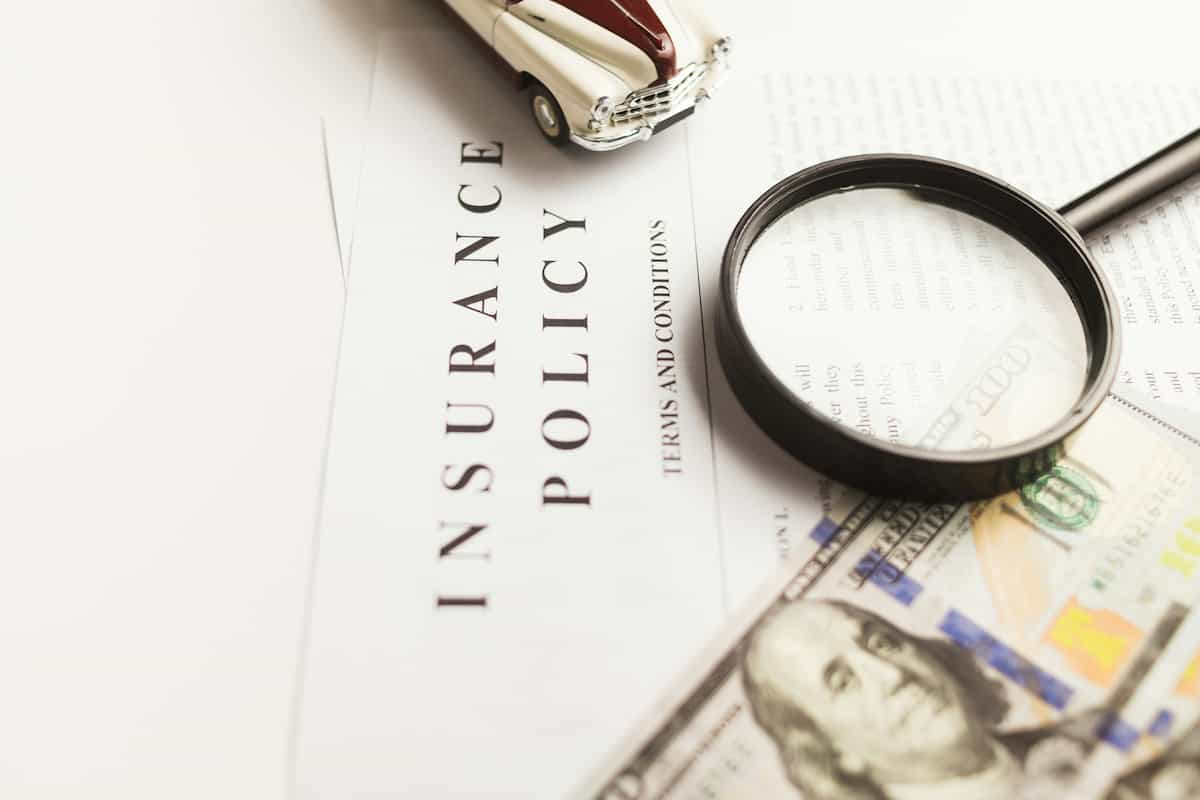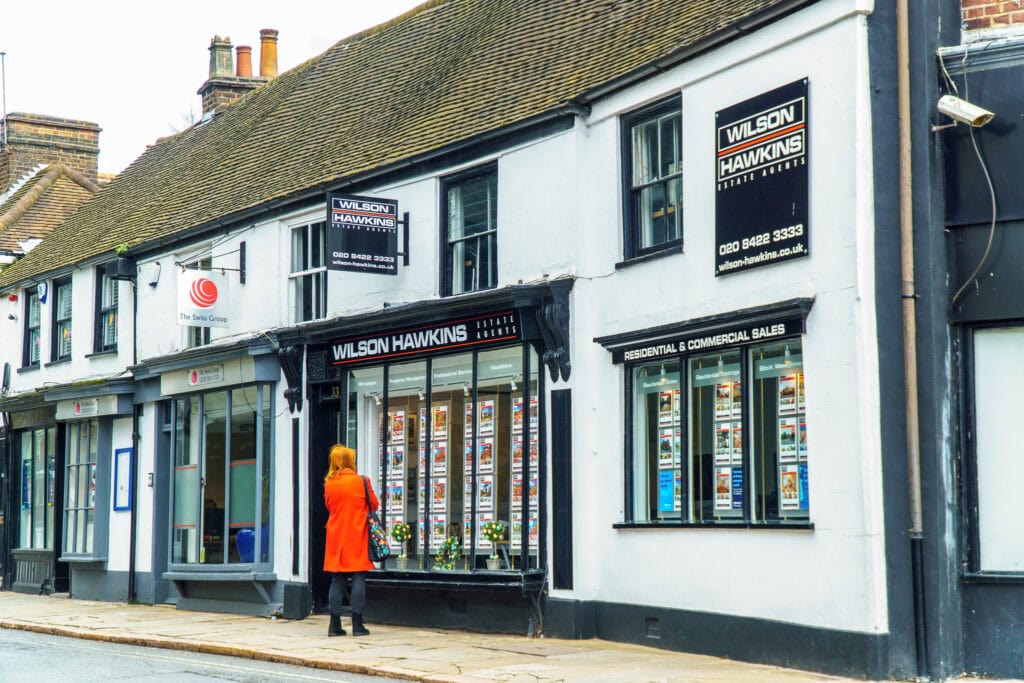Property insurance is an important type of financial protection against losses of or damage to tangible property. This type of insurance is significant and gives comfort and security in cases of uncertainties relating to fires, theft, flood, among other calamities to the homeowners, landlords, as well as tenants. With property insurance, the financial burden of repairs or replacements falls on an insurance provider, allowing persons and businesses to recover from what could be devastating incidents more adequately.
The different types of property insurances
Property insurance can be categorised based on the different needs of the policyholder. Some of the most common types are:
- Buildings Insurance: This covers the structure of the property, including walls, the roof, windows, and permanent fixtures such as bathrooms and kitchens. Normally, mortgage lenders make it an essential requirement for both the home-owners and the landlords.
- Contents Insurance: Designed to protect your personal belongings, contents insurance will cover everything from furniture and electrical items through to clothes and appliances. It is meant more for tenants and homeowners who would want to protect their personal belongings.
- Landlord Insurance: A special type of property insurance for landlords, this usually combines building insurance with additional coverage like loss of rental income, liability cover, and other specific risks the landlord faces.
- Combined Policies: Most insurers will have combined buildings and contents insurance policies for homeowners that offer comprehensive coverage in one policy.
Coverage and Benefits
The scope of the coverage under property insurance depends on the terms and conditions recorded in the policy. The general policy will incorporate:
- Damage from natural disasters: this includes protection against floods, storms, and earthquakes depending on the region or terms used.
- Fire and explosion: financial coverage due to fire or other explosions on the premises.
- Theft and vandalism: monetary security in respect of theft and damages by miscreants or unauthentic intruders.
- Liability cover: in case someone gets injured on the property or if the policyholder damages the property of a third party.
Other coverage options might include accidental damage, alternative accommodation costs, and home emergency services.
Importance of Property Insurance
Property insurance is equally very important in mitigating the financial risks associated with property ownership or tenancy. As far as homeowners are concerned, it protects what is often the largest investment-their home.
Many landlords may rely on property insurance to safeguard rental properties, maintain their income streams, and address liability risks. Tenants will also benefit from property insurance in protecting their personal belongings and reducing financial burdens in case of accidental damage to the rented property.
Things to Consider in Choosing Property Insurance
Selecting a property insurance policy is a very serious matter; one must carefully assess his needs and the terms offered by the policy. Key considerations must include:
- Level of Coverage: The policy must be able to provide adequate protection for structure and content.
- Exclusions: One must be aware of what is not covered, such as wear and tear, certain natural disasters, or negligence.
- Excess: Review the deductible amount the policyholder (you) must pay before the insurer covers a claim.
- Rebuild or Replacement Value: Ensuring the policy covers the full cost of rebuilding the property or replacing belongings at today’s prices.
Property insurance plays a vital role in protecting individuals and businesses from financial losses associated with damage, theft, or liability. Whether it’s a homeowner safeguarding their residence, a landlord protecting their rental property, or a tenant insuring personal belongings, having the right coverage provides security and financial stability. By carefully assessing their needs and choosing an appropriate policy, property owners and occupants can ensure they are prepared for unforeseen events, safeguarding both their assets and peace of mind.


